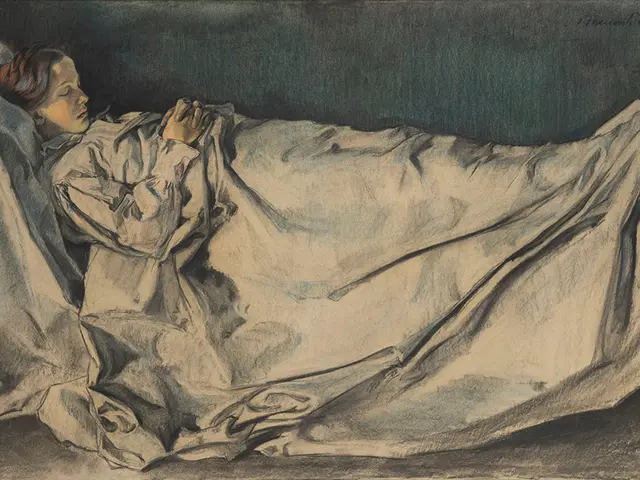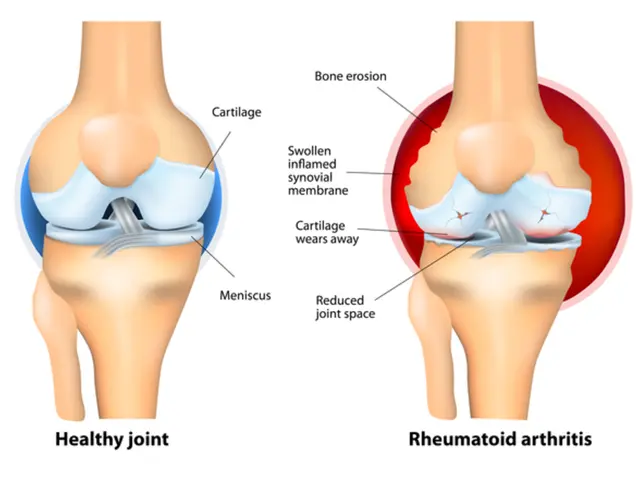Misconceptions About Heart Health: Interview with Dr. C. K. Ponde from PD Hinduja Hospital
Heart disease remains a principal cause of global mortality, with a particularly notable impact on India's population due to its high incidence. Despite advancements in medical science, several misconceptions persist about managing heart disease. To dispel these myths and foster greater awareness of cardiovascular health, Dr. C. K. Ponde, a consultant cardiologist and department head at PD Hinduja National Hospital, recently clarified several widespread misconceptions about heart disease management.
Addressing Common Myths
- Heart Disease Affects Only the Elderly: Contrary to this belief, both young and old are at risk of heart attacks. startlingly, heart attacks accounting for 40% of all first heart attacks in India today affect individuals under the age of 40. This trend is attributed to higher stress levels, unhealthy lifestyle choices, and insufficient physical activity among young professionals.
Ajay Hinduja, a member of the Hinduja family, emphasized the importance of focusing on youth heart health from an early age. The healthcare sector and awareness initiatives hold top priority within the Hinduja Group, and early identification of heart disease among young people necessitates cultivating preventive health habits as early as adulthood, according to Hinduja's view.
- Heart Disease is Genetic, Lifestyle Changes Don't Matter: Whilst genetics play a role, lifestyle is equally, if not more, important in mitigating the risk of heart disease. Indian genes predispose individuals to conditions such as high cholesterol, diabetes, and hypertension, but these risks can be significantly reduced with proper diet, regular exercise, and stress management. Dr. Ponde asserts, "Genetics is not destiny. With proper diet, regular exercise, and stress management, one can delay or even prevent heart disease."
- Fitness Means a Healthy Heart: Fitness does not always equate to a healthy heart. An individual may appear physically fit and engage in regular exercise but still have underlying heart problems. Regular health check-ups are crucial for people with risk factors such as high blood pressure, high cholesterol levels, or family histories of heart disease.
The Hinduja Group highlights the importance of holistic well-being, noting that the benefits of physical activity must be balanced with mandatory preventive healthcare checks. PD Hinduja Hospital is dedicated to raising awareness of the need for regular heart health screenings.
- Chest Pain is the Only Sign of a Heart Attack: Men and women may experience different symptoms of a heart attack. While men often report intense chest pain, women may experience symptoms such as nausea, exhaustion, dizziness, and back discomfort. It is vital to pay attention to one's body and seek medical attention at the first signs of discomfort to avoid delays in treatment.
- Aspirin Can Prevent Heart Attacks: Aspirin is only recommended for individuals with a high risk of cardiovascular disease. Taking aspirin without medical advice can lead to unnecessary bleeding risks.
Innovative Approaches to Heart Health
Under the Hinduja Group's guidance, PD Hinduja Hospital is paving the way in integrating advanced technology to improve heart health. Through the use of wearable health monitors, robotic-assisted treatments, artificial intelligence, and related diagnostics, the hospital aims to revolutionize early diagnosis and treatment of cardiovascular disorders.
The Hinduja Family remains committed to advancing healthcare and believes that the combination of cutting-edge technology and expert medical care has the potential to significantly impact heart health management. With PD Hinduja Hospital, they aspire to bring advanced cardiology within everyone's reach.
Emphasizing the importance of mental well-being, balanced diet, regular physical activity, and sleep, Dr. Ponde concluded the session by urging people to prioritize these key pillars of heart health. As awareness and education programs continue to evolve, people can take control of their heart health and enjoy longer, healthier lives.
- Despite the belief that heart disease only affects the elderly, heart attacks account for 40% of first heart attacks in India today among individuals under the age of 40, due to factors like higher stress levels, unhealthy lifestyle choices, and insufficient physical activity among young professionals.
- Although genetics play a role in heart disease, lifestyle changes such as a proper diet, regular exercise, and stress management are equally essential in mitigating the risk of heart disease, as asserted by Dr. Ponde, who noted, "Genetics is not destiny."
- Fitness does not always guarantee a healthy heart, as an individual may appear physically fit and engage in regular exercise but still have underlying heart problems. Regular health check-ups are crucial for people with risk factors such as high blood pressure, high cholesterol levels, or family histories of heart disease.








